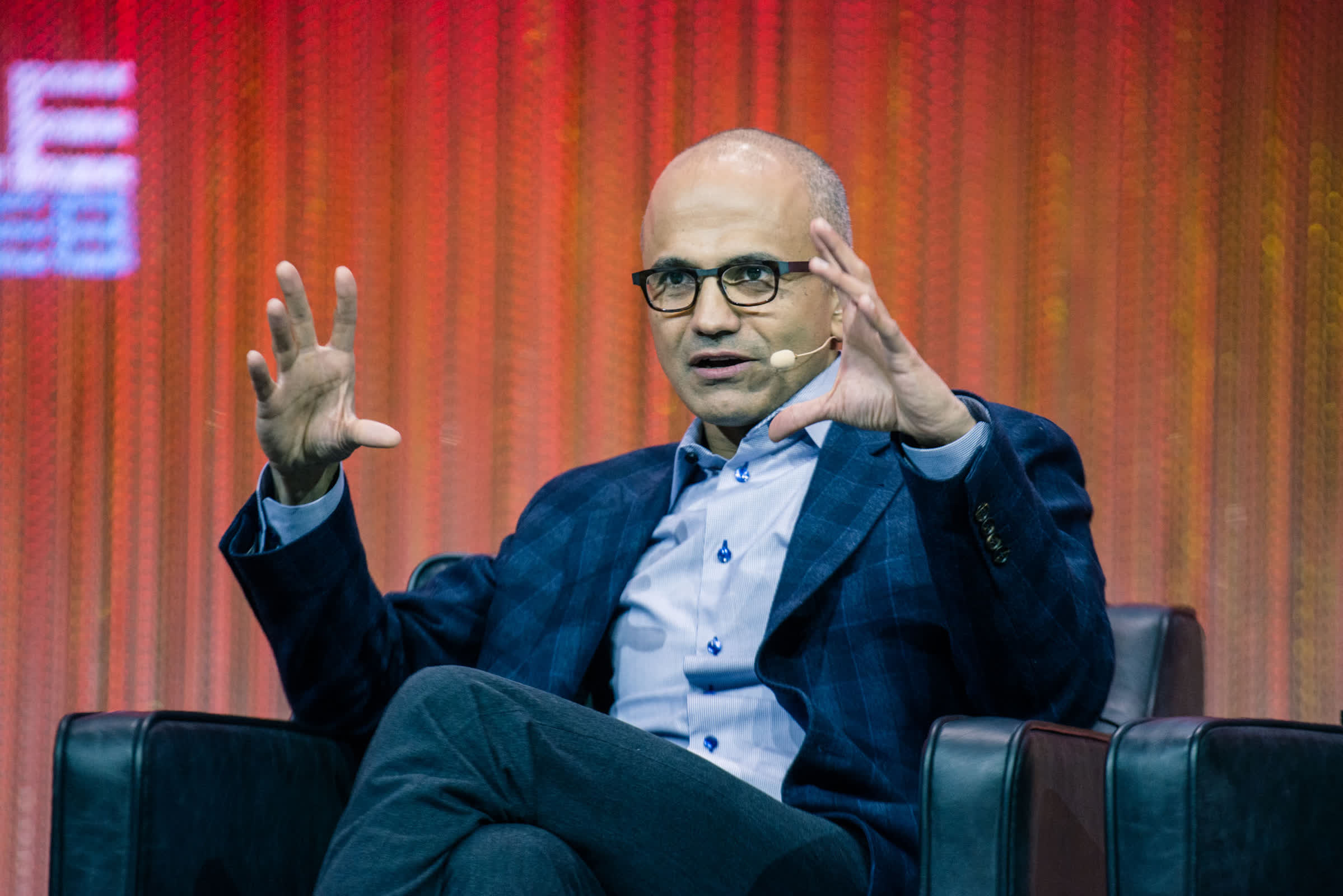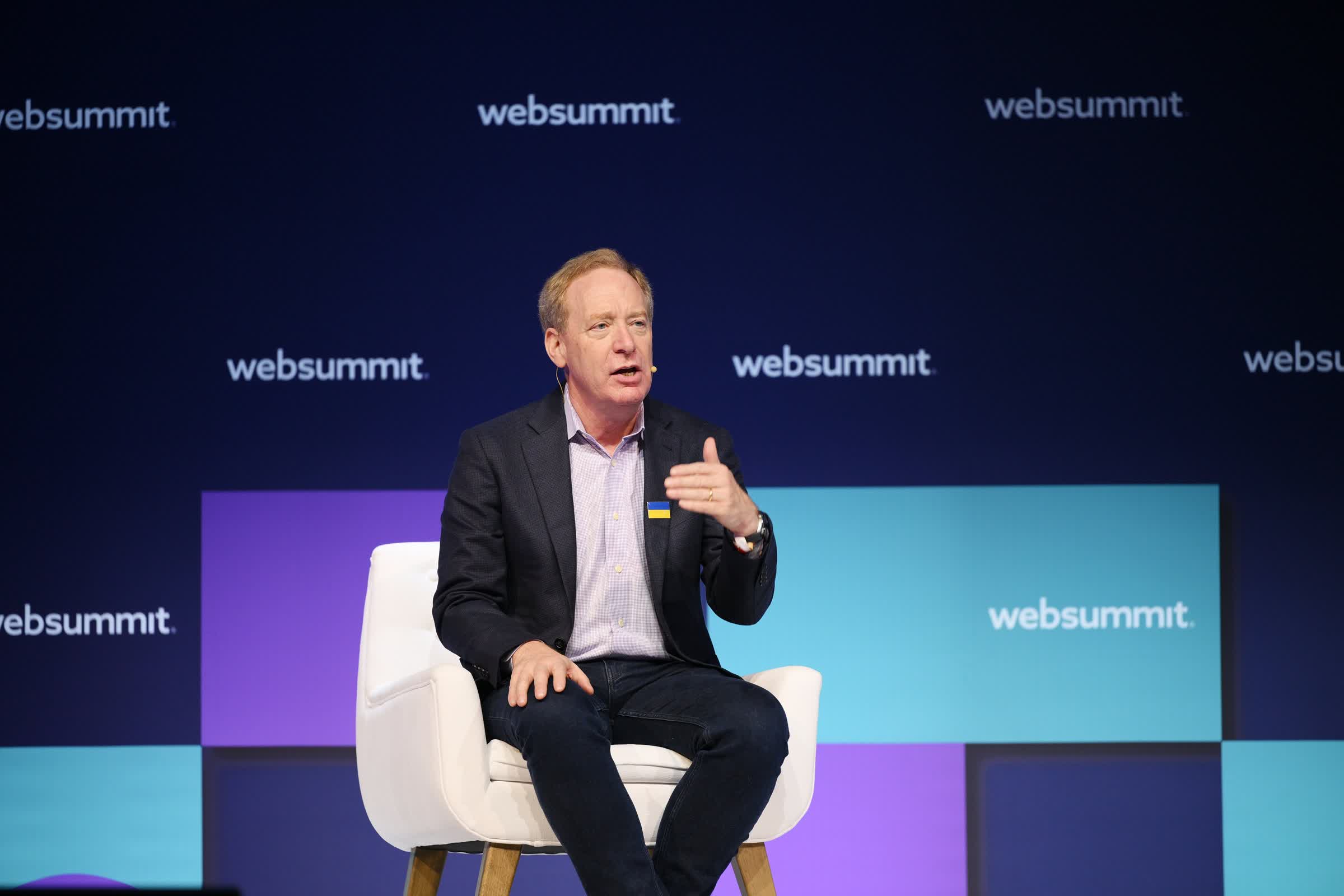What just happened? Microsoft is facing one of the most turbulent phases in its history, balancing massive investments in artificial intelligence and infrastructure with significant job cuts, creating a climate of uncertainty within the company. On Thursday morning, CEO Satya Nadella addressed employees in a memo that directly acknowledged the contradictions they are experiencing.

"I want to acknowledge the uncertainty and seeming incongruence of the times we're in. By every objective measure, Microsoft is thriving… and yet, at the same time, we've undergone layoffs," Nadella wrote. He described navigating layoffs while reporting strong financial results as the "enigma of success in an industry that has no franchise value," emphasizing the unpredictable nature of technological transformation.
The layoffs have been extensive, with more than 15,000 employees let go so far in 2025, including a large round of 9,000 in early July. These moves represent some of the most aggressive workforce reductions the company has implemented in decades. While overall headcount remains relatively flat due to selective hiring, the scale of the cuts has unsettled the workforce and prompted difficult questions about Microsoft's culture and direction.
As the company pours resources into building capabilities for the AI age, President Brad Smith pointed to the scale of Microsoft's capital expenditures as a key factor. Smith told GeekWire in a recent interview that around $80 billion has been spent over the past year on data centers, AI chips, and other critical infrastructure to maintain the company's edge in artificial intelligence. "Record capital expenditures… have put pressure on the company to reduce operating costs," Smith said.

President Brad Smith said $80 billion in capital spending pressured the company to cut operating costs
With the rapid pace of change, Nadella urged employees to focus on Microsoft's core mission, which, he said, must also evolve. He outlined a shift from being a "software factory" to building an "intelligence engine" that empowers everyone – not just technology professionals – to create their own AI-powered tools. Nadella emphasized that the company's continued relevance depends on adapting to new business realities, learning new ways of working, and meeting changing customer needs. "Progress isn't linear. It's dynamic, sometimes dissonant, and always demanding. But it's also a new opportunity for us to shape, lead through, and have greater impact than ever before," he said.
Nadella also spoke of the emotional burden that job eliminations have placed on the company, describing them as "among the most difficult we have to make." He expressed gratitude to departing employees for their contributions.
Meanwhile, internal and external commentary has raised concerns that the current environment may be eroding the culture of inclusion and empathy Microsoft built in recent years under Nadella's leadership, with some longtime employees worried about a return to more competitive, insecure times.
Despite these headwinds, Microsoft continues to invest in its future, ramping up hiring in critical AI-related roles and launching multi-billion-dollar initiatives to help workers adapt to the demands of the AI era. Nadella told employees to expect more details during the upcoming earnings and a future town hall.
